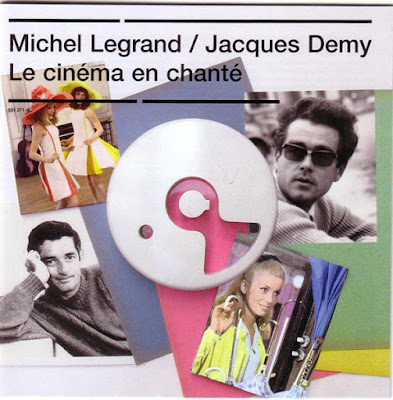I'm one of the few (or not) that feel 'solo' Morrissey is better than The Smiths. Nothing against the brilliance of Johnny Marr and the other lads in that band, but more of Morrissey becoming a better writer and singer. "Bona Drag" is a greatest hits album in theory, but also a perfect snapshot of Morrissey's stance and work in 1990, the release of this collection of singles, b-sides, and choice album cuts. For me, there is not one weak cut here, and on top of that, there are some of my all-time favorite Morrissey songs. For example: "Interesting Drug," "The Last of the Famous International Playboys," (the magnificent) "Ouija Ouija Board," "Hairdresser on Fire," and "Disappointed." I would add more but be listing songs is boring to read!
The great thing about Morrissey is that he's culture. It's not really about Morrissey (for me), but also the ingredients that he brings to "Morrissey." For instance the kitchen-sink British literature and films, forgotten music hall artists, gay icons, and so forth. He's a great curator or someone who likes 'Show & Tell." He brings his influences out front and exposes them to a wider audience, yet, still keep their mystery and charisma intact. In that sense, Morrissey is the gift that keeps on giving. Everything he does is coded within and from the Morrissey world. I'm sincerely thankful for his presence in my life.
Also of note, it's interesting that when one brings up the word "Morrissey" to a mixed crowd, one is going to hear strong opinions for and against this provocateur artist. In a world of crashing bores, it is an accomplishment to have a figure like Morrissey that can still cause a reaction from people's gut, soul, and brain. Sometimes I feel there is general 'logic, ' but Morrissey operates on his own 'logic,' that is sometimes confusing, frustrating, and weird. Still, if you go pass that, Morrissey is clearly one of the great British lyricists of our times/era. He never pleases the listener with something digestible and easy to swallow. And not every song is a masterpiece; still, he's a remarkable public figure and artist.
1990 was a peak year for Morrissey. "Bona Drag" is an excellent record of those times, and he's truly one-of-a-kind figure in modern pop culture. For those who love him, he will always be around, and if you hate him, at the very least, he's an outlet for one's frustration against the world. Genius sometimes doesn't play by the rules. Feel free to criticize the artist that's Morrissey, but understand to do so is very much part of the masterstroke of his genius. Attention is something that will always be in Morrissey's hands.

























